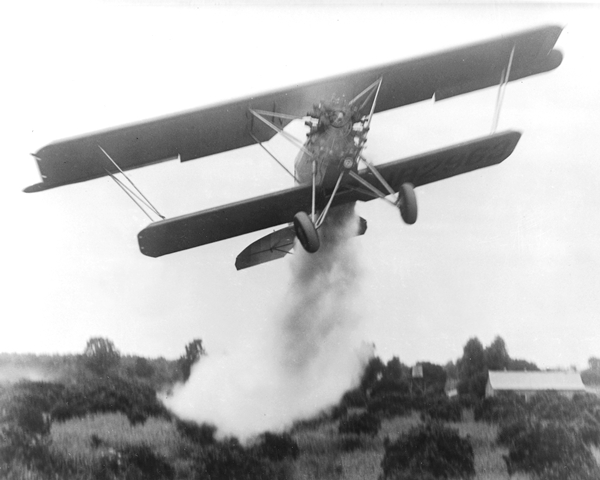Sawdust bread, trenches with mud reaching up to your ankles, artillery pounding each other nearly 24/7, troops crossing no-man’s land only to be cut down by heavy machine gun fire...
Trench warfare truly was hell. Both sides in this conflict haven’t broken any of the rules of war yet, that is, until now. One side has developed terrible biological weapons. They deliver it through multiple methods: pounding the enemy lines with disease filled artillery shells, dropping said shells from bomber aircraft and dipping the infantrymen’s bullets into a special solution that contains the diseases.
It spreads through the air, it spreads through human contact and simply touching a surface infected with the diseases will guarantee your own infection.
Symptoms progress as follows:
- Week 1: Mild stomach troubles and/or slightly irritated throat.
- Week 2: Stomach troubles intensify, coughing fits.
- Week 3: An infected individual has a slightly yellowish complexion, stomach troubles are really bad, coughing out blood and some sort of liquid
- Week 4: Infected individuals scream out in terrible pain as the virus has eaten through the lining of their stomachs, unleashing acidic digestive fluids into the body.
- Week 4 1/2: At this stage, infected individuals often ask to be euthanized, which we sorrowfully obliged.
- Week 5: Those who survived this long often drown due to fluid suffocating their lungs.
- Week 6: Some people have a really strong immune system and though they may have the symptoms of weeks 1-3, they survive with few consequences.
The side who invented the disease has the cure. They MIGHT share it but only if the other side surrenders unconditionally.
As is expected of a prideful nation, the other side didn’t give up that easily.
They will continue to engage in battle even with the disease on the loose and since the other side broke the rules of war, they plan to break it as well. By shelling the enemy lines with nerve gas they might break the gridlock of trench warfare.
What measures can be taken with WW I era medical and military technology to reduce the risk of infection to the soldiers manning the trenches?

